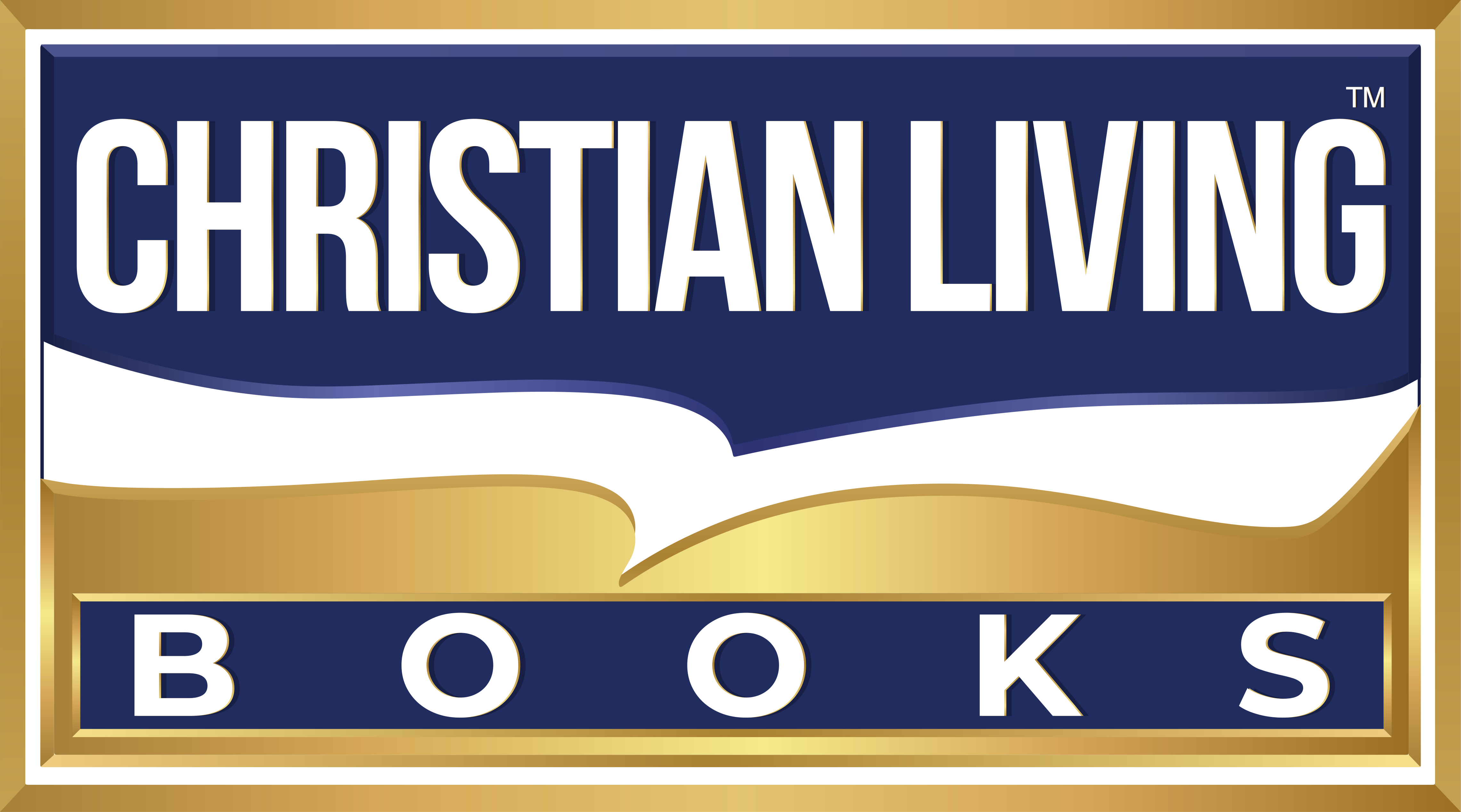by Leigh Pierce
When you think of publishing, you may have one format that jumps to the forefront of your mind. Maybe you grew up in libraries and bookstores, so you want a printed book in your hands. Or maybe you grew up with a tablet in hand, so an ebook is your go-to format for reading. Whatever your background, it can be easy to think that publishing in one format is the end-goal of your publishing journey. But honestly, you should seriously consider taking advantage of multiple formats—paperback, hardcover, and ebook.
A Tale of Three Formats
Let’s talk about these three formats. A paperback book is a type of printed book with a soft spine and cover. It’s lightweight and easy to carry around. You will typically see these books in retail stores and libraries. They’re a less-expensive print option, great for people who love reading with a book in hand.
A hardcover is exactly what it sounds like: a print book with a hard cover. But these can be further classified as case laminate or jacketed, which isn’t so obvious. A case laminate book has the cover image glued onto the hard board, usually wrapping around it and sealed with an end sheet. Think about hardcover kids’ books with paper pages. A jacketed book sometimes has a case laminate cover on it but is then topped with a folded jacket that can be removed. These are a more expensive print option, great for initial releases and libraries. Hardbacks hold up better under general use, making them more durable than paperbacks.
An ebook is a digital book. There’s no printing required, so it’s easily accessed and distributed. This format can be read on your phone, computer, or e-reader device. They’re portable, so you don’t have to worry about misplacing a book and leaving it behind (unless you forget your phone/device). These books are located everywhere—you can download an ebook anywhere you have Wi-Fi or data. These usually sell for a significantly lower price, which can mean that you make less money per sale. However, even books priced at $0.99 can have a significant compensation if you sell enough.
This is the easy part—knowing what the formats are. You may have a favorite. But a key factor to remember is that your audience isn’t only made up of people like you. If you want to sell your book to the most people possible, you need to broaden your audience, and different formats appeal to different people.
A Tale of Three Customer Types
So, let’s talk about those different people and their format preferences. There are three types: The Trendsetter, the Collector, and the Techie.
The Trendsetter
The trendsetter loves a paperback book. They want a physical book to hold and show off. They toss them into their bag to read on their public transport commute, or pack them for a lazy day at the beach. They’re reading trendy books they saw on Book Tok and creating their own posts. Once they’ve read the book, it might go on a shelf if it was worthy, but it may also get donated. It’s on to the next book!
The Collector
The collector is a bibliophile. They love holding a book in their hands and then cataloging it on their bookshelf. They might be a book hoarder, or they may be meticulous in which titles make their shelf. They see books as investments and old friends to revisit, so they want a format that isn’t easily damaged. They will most likely show off their collection on Instagram or Book Tok. They may write their names in their books. They may even take notes in the margins and underline.
The Techie
The techie doesn’t want to carry anything extra around—they want their books on their device. They are on-the-go people who will pull that device out during any opportunity to get a few ‘pages’ in. Waiting in line somewhere? Introverted and looking for a little escape? The Techie prefers an ebook format they can quickly and easily access. People with vision impairments may classify themselves as techies because ebooks allow for changing font sizes or voice-to-text options.
Ultimately, readers may not classify themselves solely as one type or another, and that’s okay. This is why it’s so important to offer multiple formats and give your readers the gift of choice.
So What Now?
Releasing your title in all three of these formats will give you the widest reach, and you can go even wider if you publish your title as an audiobook too. You’ll reach the Trendsetters, the Collectors, the Techies, and all those in between.
Also, keep in mind that certain formats work better for certain markets. You’ll find that children’s books do better in print than an ebook. Romance and Fantasy titles are extremely popular as ebooks, though they do well in print too. Look at your niche and what similar authors/publishers are doing. Who are you competing with? Make sure that your book is available in the same markets as your competition to ensure you’re reaching your maximum audience.
If you choose to go with all three formats, consider releasing your hardcover ahead of your paperback. You’ll see most traditional publishers go this route, driving up sales of the higher-priced book. However, each format will need a unique ISBN, and it may be outside of your budget to publish and market all three versions.
At a bare-minimum, release at least one print version along with an ebook—then you can reach both the print and the digital market. And with global supply chain issues causing delays for order fulfilment on all print products, ebooks allow customers to get their hands on the book right away. This can help you retain sales should a customer not be able to get a print copy fast enough—they can choose an ebook instead, or to tide them over until they get the print book.
Just keep in mind, if you want to reach the widest audience, all three formats are the way to go. Make sure those Trendsetters, Collectors, and Techies have access to your titles so you can increase sales and get your story noticed!

